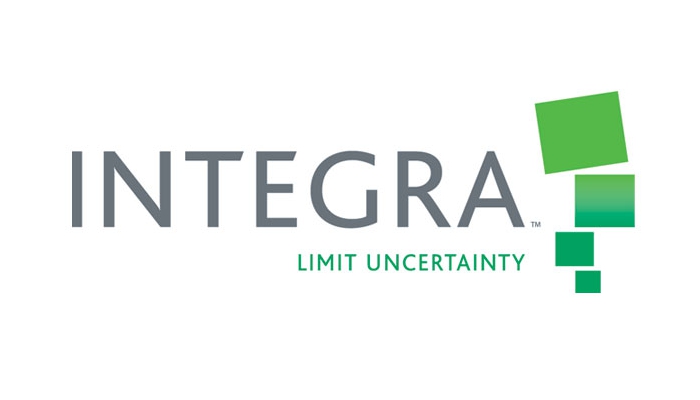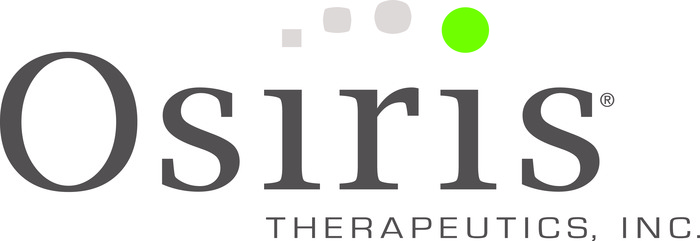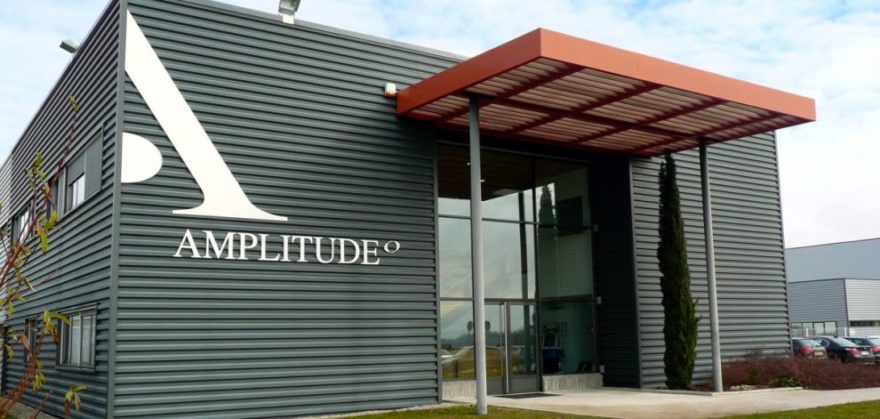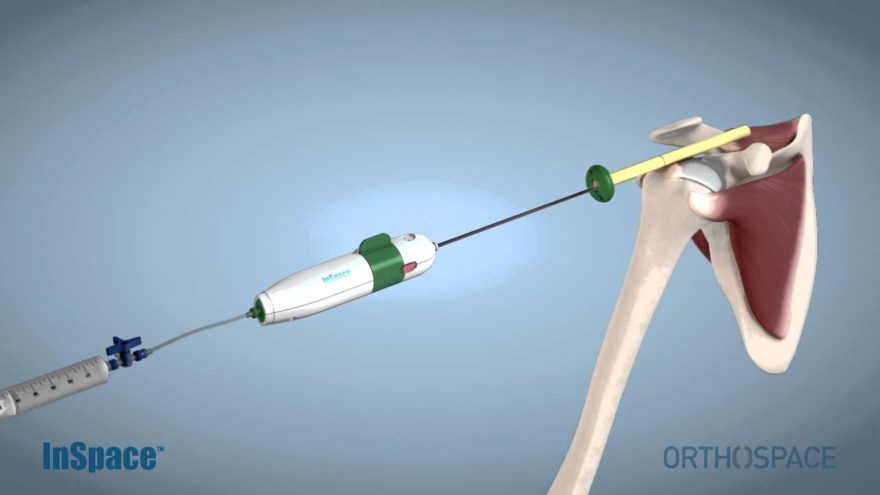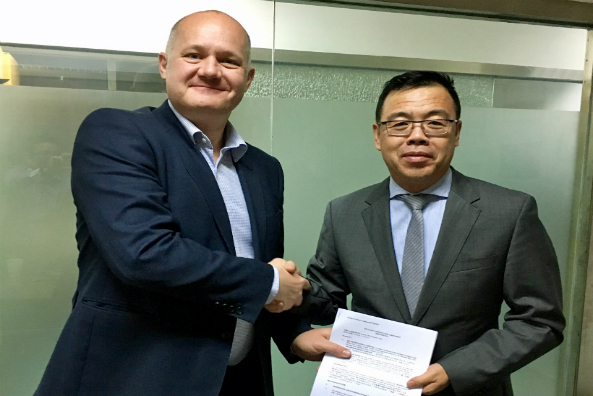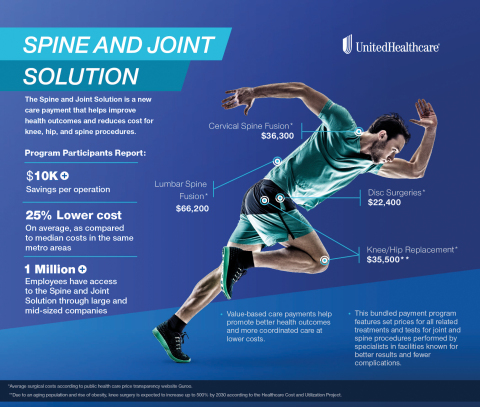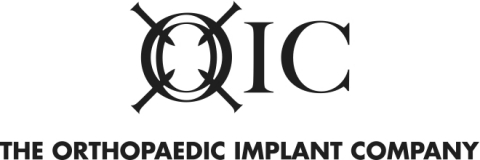DALLAS — Founders and investors of the physician-owned Forest Park Medical Center (FPMC) in Dallas, other executives at the hospital, and physicians, surgeons, and others affiliated with the hospital, have been charged in a federal indictment, returned by a grand jury in Dallas last month and unsealed today, with various felony offenses stemming from their payment and/or receipt of approximately $40 million in bribes and kickbacks for referring certain patients to FPMC. The announcement was made this afternoon by U.S. Attorney John Parker of the Northern District of Texas.
FPMC was an out-of-network hospital. According to the indictment, the referred patients were primarily ones with high reimbursing out-of-network private insurance benefits or benefits under certain federally-funded programs. FPMC’s owners, managers, and employees also attempted to sell patients with lower reimbursing insurance coverage, namely unwitting Medicare and Medicaid beneficiaries, to other facilities in exchange for cash. As a result of the bribes, kickbacks, and other inducements, from 2009 to 2013, FPMC billed such patients’ insurance plans and programs well over half of a billion dollars and collected over $200 million in paid claims.
The below-listed defendants are charged in the indictment:
Alan Andrew Beauchamp, 64, of Dallas
Richard Ferdinand Toussaint, Jr., 58, of Dallas
Wade Neal Barker, 51, of Dallas
Wilton McPherson Burt, 61, of Costa Rica
Andrea Kay Smith, 37, of Rockwall, Texas
Carli Adele Hempel, 40, of Plano, Texas
Kelly Wade Loter, 48, of Dallas
Jackson Jacob, 53, of Murphy, Texas
Douglas Sung Won, 45, of Dallas
Michael Bassem Rimlawi, 45, of Dallas
David Daesung Kim, 54, of Southlake, Texas
William Daniel Nicholson IV, 46, of Dallas
Shawn Mark Henry, 46, of Fort Worth, Texas
Mrugeshkumar Kumar Shah, 42, of Garland, Texas
Gerald Peter Foox, 69, of Tyler, Texas
Frank Gonzales Jr., 41, of Midland, Texas
Israel Ortiz, 49, of Dallas
Iris Kathleen Forrest, 56, of Dallas
Andrew Jonathan Hillman, 40, of Dallas
Semyon Narosov, 51, of Dallas
Royce Vaughn Bicklein, 44, of San Antonio, Texas
“Medical providers who enrich themselves through bribes and kickbacks are not only perverting our critical health care system, but they are committing a serious crime,” said U.S. Attorney John Parker. “Massive, multi-faceted schemes such as this one, built on illegal financial relationships, drive up the cost of healthcare for everyone and must be stopped.”
“The charges announced today show that the government will not tolerate corrupt practices by medical providers motivated by greed,” said Dallas FBI Special Agent in Charge Thomas M. Class, Sr. “The FBI will continue to work with our law enforcement partners to identify those who manipulate and defraud our healthcare system and to seek their prosecution.”
“The Defense Criminal Investigative Service (DCIS), in partnership with our federal law enforcement partners, will continue to aggressively investigate those who defraud the federal government, and ultimately the American taxpayers, in order to protect the integrity of federal health care programs,” said Special Agent in Charge Janice M. Flores of the DCIS Southwest Field Office. “Fraud and abuse by healthcare providers poses a significant threat to the viability of government health care programs, and today’s arrests demonstrate the commitment of DCIS and it partners in rooting out health care fraud and to hold those accountable for their actions.”
“I would like to acknowledge and thank our OIG criminal investigators, and their law enforcement partners, for their tireless efforts in pursuing this case,” said Deputy Inspector General Norbert E. Vint. “Their fine work protects the Federal Employees Health Benefits Program from those who would manipulate the health care system in order to steal taxpayer dollars.”
“An important mission of the Office of Inspector General is to investigate allegations relating to fraud involving the Federal Employees’ Compensation Act. We will continue to work with our law enforcement partners to investigate these types of allegations,” stated Steven Grell, Special Agent-in-Charge of the Dallas Regional Office of the United States Department of Labor, Office of Inspector General.
“The allegations against the defendants in this indictment indicate that patient trust was broken by the payments of kickbacks and bribes used to induce surgeons to use their hospital to perform services,” said Special Agent in Charge Tamera Cantu. “IRS Criminal Investigation, along with our law enforcement partners, will vigorously pursue corporate owners and managers that use their company to violate laws, including healthcare regulations.”
FPMC was founded by Beauchamp, Toussaint, Barker, Burt, and others as an out-of-network hospital; as such, it was free to set its own prices for services and was generally reimbursed at substantially higher rates than in-network providers. FPMC’s strategy was to maximize profit for physician investors by refusing to join the networks of insurance plans for a period of time after its formation, allowing its owners and managers to enrich themselves through out-of-network billing and reimbursement.
Toussaint and Barker co-owned FPMC; Beauchamp and Burt managed it. Beauchamp was FPMC’s Chief Operating Officer and was an investor in FPMC. Toussaint, an anesthesiologist, was the President of FPMC’s board of directors. Barker, a bariatric surgeon, was on FPMC’s board of directors. Burt was a Managing Partner of FPMC and was also an investor in FPMC.
FPMC’s referral coordinator, Smith, owned a shell entity known as Unique Healthcare that the coconspirators created to funnel bribe and kickback payments to surgeons in exchange for those individuals referring patients to FPMC. Smith tracked surgeries and referrals so surgeons and referral sources could receive “credit.” Another FPMC employee, Hempel, was FPMC’s Director of Bariatric Services; she led efforts to sell Medicare and Medicaid referrals from certain coconspirators to a non-FPMC facility.
Jacob owned a shell entity known as Adelaide Business Solutions that he and others used to funnel bribe and kickback payments to surgeons, primary care physicians, chiropractors, lawyers, worker’s compensation preauthorization specialists, and others in exchange for those individuals referring patients to FPMC or to surgeons who used the hospital’s facilities to perform certain medical procedures, including surgeries. Another company, Entity A, co-owned by Toussaint and Barker, was a commercial real estate group that provided commercial real estate services to FPMC and was used by the coconspirators as a conduit for bribe and kickback payments. Loter owned an advertising agency that received bribe and kickback payments on behalf of physicians.
According to the indictment, two bariatric surgeons, Kim and Nicholson, investors in FPMC, received $4,595,000 and $3,400,000, respectively, in bribe and kickback payments in exchange for referring their patients to FPMC. Three spinal surgeons, Won, Rimlawi, and Henry, also received bribe and kickback payments in exchange for referring their patients to FPMC. The indictment alleges that Won received $7,000,000 and Rimlawi received $3,800,000 in bribe and kickback payments. Henry was also an investor in FPMC. The surgeons spent the vast majority of the bribe payments marketing their personal medical practices, which benefitted them financially, or on personal expenses, such as cars, diamonds, and payments to family members.
Other physicians who received bribe and kickback payments in exchange for referring patients to FPMC or to surgeons who performed medical procedures, including surgeries, at the hospital include Shah, a pain management doctor; Gonzales, a chiropractor who received approximately $385,000 in bribes and kickbacks; and Foox, who owned an orthopedic clinic in Tyler, Texas, and received approximately $500,000 in bribes and kickbacks.
Forrest, a worker’s compensation preauthorization specialist, received approximately $450,000 in bribe and kickback payments in exchange for referring patients, including those she was preauthorizing, to FPMC or to surgeons who performed medical procedures, including surgeries, at the hospital. Bicklein was a worker’s compensation lawyer who received approximately $100,000 in bribe and kickback payments in exchange for referring patients, including his clients, to FPMC or to surgeons who performed medical procedures, including surgeries, at the hospital.
Ortiz owned a clinic that received approximately $1,100,000 in bribe and kickback payments for referring its patients to FPMC or to surgeons who performed medical procedures, including surgeries, at the hospital,
Collectively, Hillman and Narosov controlled a hospital consulting company, and they received approximately $190,000 in bribe and kickback payments in exchange for referring patient to FPMC or to surgeons who performed medical procedures, including surgeries, at the hospital.
According to the indictment, as part of the conspiracy, certain coconspirators also paid bribes and kickbacks of $500 per month to approximately 40 primary care physicians and practices to refer patients to the hospital or to surgeons associated with the hospital. In addition to paying surgeons and primary care physicians, certain coconspirators also paid a host of others, including FECA beneficiaries, workers’ compensation preauthorization specialists, lawyers, businesses, runners, and chiropractors. Certain coconspirators also “rented” space in doctors’ and chiropractors’ offices in outlying cities, including Foox’s clinic in Tyler, and clinics in Midland and Odessa, Texas, in exchange for patients being referred to FPMC or to surgeons who performed medical procedures at the hospital.
The bribes and kickbacks resulted in victim plans and programs being billed well over half of a billion dollars, including more than $10 million to the Department of Defense healthcare program TRICARE, more than $25 million to the Department of Labor FECA healthcare program, and more than $60 million to the federal employees’ and retirees’ FEHBP healthcare program, and FPMC collecting more than $200 million in tainted and unlawful claims.
Each of the 21 defendants is charged with one count of conspiracy to pay and receive health care bribes and kickbacks; the maximum statutory penalty upon conviction is five years in federal prison and a $250,000 fine.
Beauchamp is charged with 10 counts of offering or paying and soliciting or receiving illegal remuneration, in violation of the federal Anti-Kickback Statute, and aiding and abetting. Toussaint, Barker, and Burt are each charged with five counts of this offense. Jacob is charged with eight, Shah with three, Rimlawi with two, and Won, Kim, Nicholson, Gonzales, and Forrest each with one count of this offense. The maximum statutory penalty upon conviction is five years in federal prison and a $25,000 fine.
Beauchamp is also charged with seven counts of violating the federal Travel Act and aiding and abetting. Jacob is also charged with six counts of this offense; Toussaint, Barker, Burt, and Jacob are also each charged with four counts of this offense; Foox is also charged with two counts of this offense; and Won, Kim, Nicholson, Henry, and Gonzales are also each charged with one count. The maximum statutory penalty upon conviction is five years in federal prison and a $250,000 fine.
Beauchamp, Toussaint, Barker, and Burt are also each charged with two counts of conspiracy to commit money laundering. Jacob and Henry are also each charged with one count of this offense. The maximum statutory penalty upon conviction is 20 years in federal prison and a $250,000 fine.
The indictment also includes a forfeiture allegation that would require the defendants, upon conviction, to forfeit to the U.S. any property, real or personal, which constitutes or is derived from proceeds traceable to the offenses. Restitution could also be ordered.
An indictment is an accusation by a federal grand jury, and a defendant is entitled to the presumption of innocence unless proven guilty.
The case was investigated by the FBI, the U.S. Department of Labor Office of Inspector General, the U.S. Department of Labor Employee Benefits Security Administration, the U.S. Department of Defense – Defense Criminal Investigative Service, the U.S. Office of Personnel Management Office of Inspector General, and Internal Revenue Service Criminal Investigation, with assistance from the Food and Drug Administration and the U.S. Postal Inspection Service.
Assistant U.S. Attorneys Andrew Wirmani, Kate Pfeifle and Mark Tindall are prosecuting the case.

